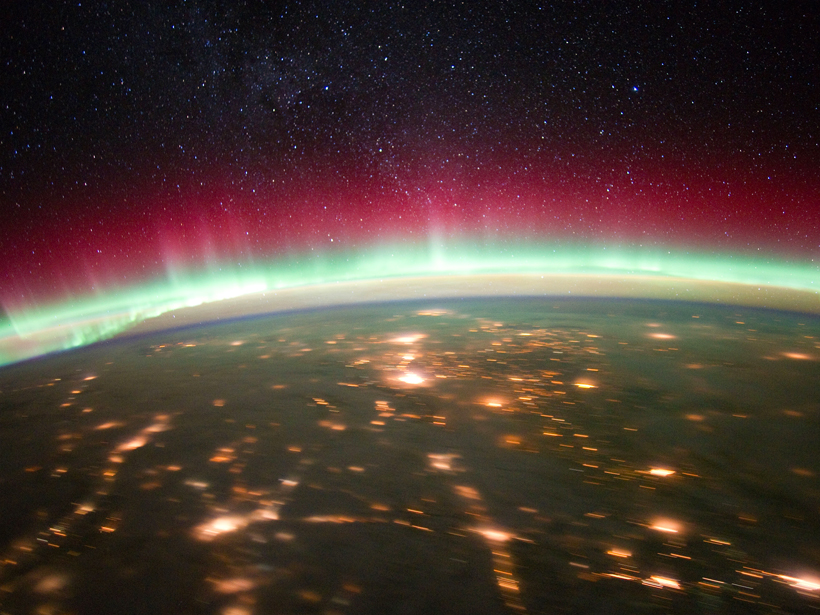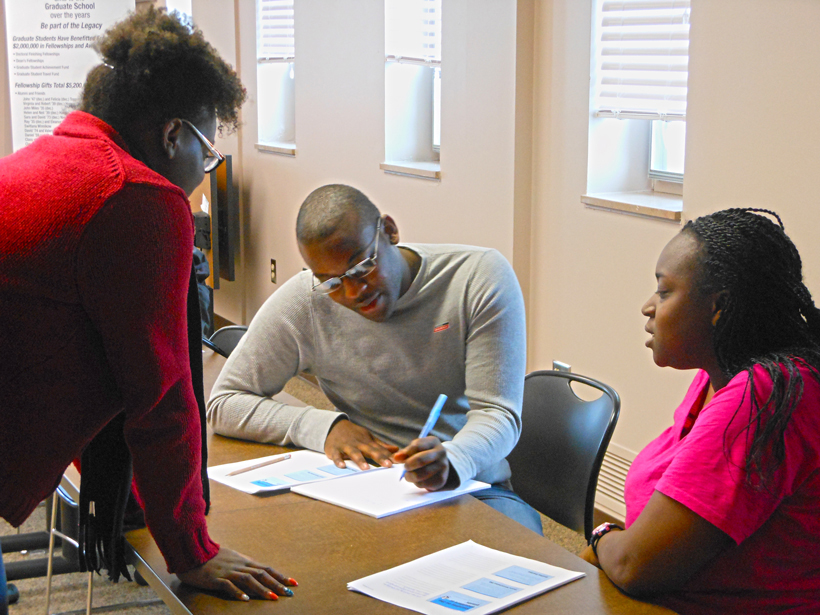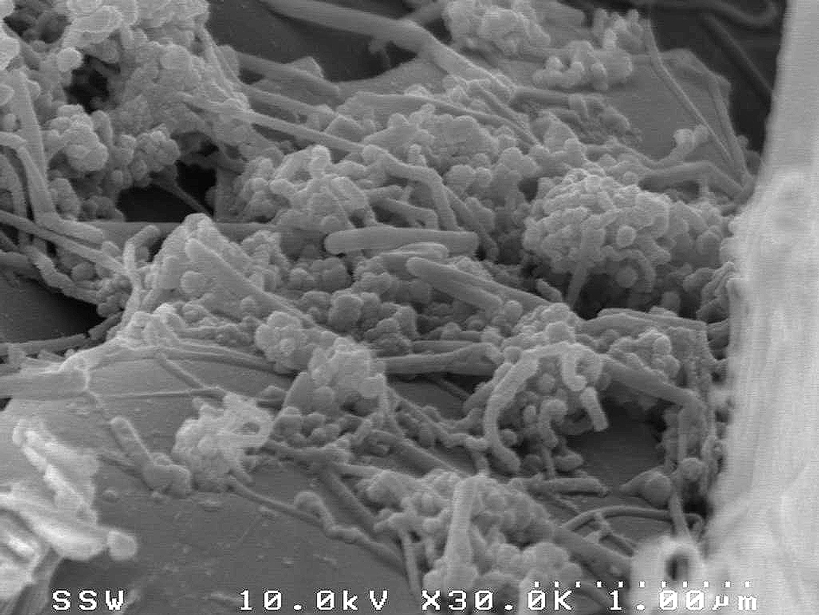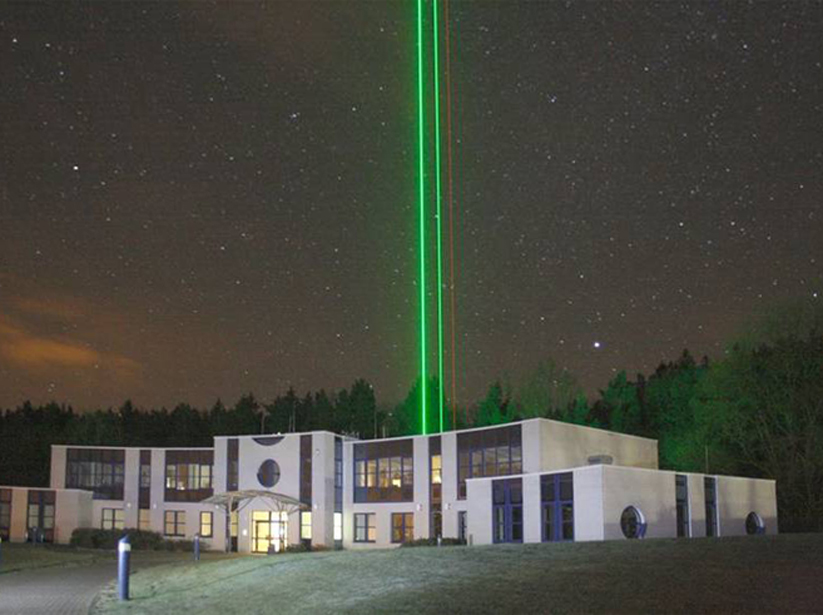Controversy leads to a better understanding of carbon cycling through a massive pool of organic matter dissolved in the Earth's oceans.
AGU copyright 2015
Why Does the Aurora Flare Up?
The spectacular auroras that circle Earth's geomagnetic poles and burst with colorful displays during geomagnetic storms have mystified humanity for millennia. Now scientists are uncovering their secrets.
Exploring Natural Hazard Policies with Bike Helmets and Bus Fares
A close look at everyday decisions—whether or not to wear a bike helmet or cheat on bus fare—helps students learn about assessing natural hazards, mitigating risks, and setting political priorities.
Observing and Modeling the Atlantic Meridional Overturning Circulation
2014 U.S. AMOC Science Team Meeting;
Seattle, Washington, 9–11 September 2014
A Suite of Software Analyzes Data on the Sphere
The software improves data analysis over small portions of a spherical planetary surface. Among other applications, it has helped track Greenland's ice loss over time.
Increasing Diversity in the Geosciences
Studies show that increasing students' "sense of belonging" may help retain underrepresented minorities in geoscience fields. A few programs highlight successes.
Keeping Watch Over Colombia's Slumbering Volcanoes
Technology used in your car's navigation system can help save the lives of those living in the shadows of volcanoes.
Developing Deep-Life Continental Drilling Projects
Deep Carbon Observatory Deep-Life Workshop;
Potsdam, Germany, 3–4 November 2014
Investigating Climate Change from the Stratosphere to Space
8th Workshop on Long-Term Changes and Trends in the Atmosphere;
Cambridge, United Kingdom, 28–31 July 2014
Measurements, Modeling, and Scaling of Inland Water Gas Exchange
Advancing the Science of Gas Exchange Between Fresh Waters and the Atmosphere; Hyytiälä Forestry Field Station, Korkeakoski, Finland, 15–19 September 2014









